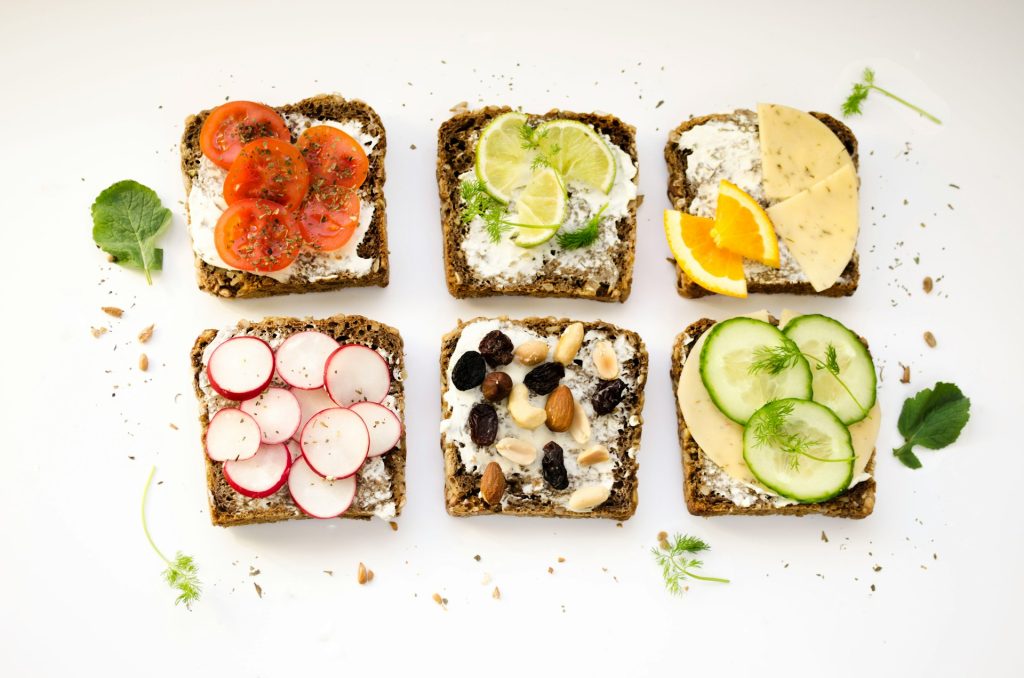Table of Contents
Your brain can outperform any supercomputer at 70+ if you start these 5 daily habits now. Most people wait until it’s too late – don’t be one of them. These simple changes, backed by decades of research, can mean the difference between staying sharp and struggling to remember your grandchildren’s names.
Why Your Brain’s Future Is Written Today
The science is clear: cognitive decline isn’t inevitable. Research from top neuroscience labs shows that daily habits established decades earlier predict brain function better than genetics. The latest longevity studies reveal that specific lifestyle practices can preserve up to 90% of cognitive function well into your 80s and beyond.
Every one of these evidence-backed habits is free and requires no special equipment. Just make consistent daily choices that compound over time to protect your most valuable asset – your mind.
Sleep: The Non-Negotiable Brain Hack Most People Ignore

Your brain’s cleaning crew only works when you sleep. Every night, when you’re unconscious, your glymphatic system activates, removing toxic proteins that accumulate during waking hours – the same proteins implicated in Alzheimer’s disease.
The True Cost of Sleep Debt
Missing just one hour of sleep reduces your cognitive function by up to 30% the next day. Do this consistently, and you’re shortening your brain’s lifespan. Yet, three in four biohackers focus on exotic supplements while ignoring this fundamental process.
Physical Brain Shrinkage
Fix your sleep schedule before trying anything else. Your brain physically shrinks when sleep-deprived, with some studies showing up to 1.4% volume loss after just one night of poor sleep. That’s like aging your brain by 1-2 years in a single night.
The Movement Pattern That Grows New Brain Cells

Your hippocampus – the memory center of your brain – can grow new neurons throughout your life. The trigger isn’t brain games or puzzles but something much simpler and more accessible.
Zone 2 Cardio: The Neurogenesis Sweet Spot
The strongest stimulus for neurogenesis is zone 2 cardio – moderate-intensity exercise that gets your heart rate up without leaving you breathless. Think brisk walking, light jogging, or easy cycling where you can still hold a conversation.
The BDNF Connection
Just 30 minutes, four times weekly, increases BDNF (Brain-Derived Neurotrophic Factor) – essentially fertilizer for your brain cells. People who maintain this habit show up to 2% more hippocampal volume each year compared to sedentary individuals.
The 30-Year Study
Researchers tracked 2,000 adults for 30 years and found those who did regular zone 2 cardio had a 65% lower risk of cognitive decline. This simple habit outperformed every pharmaceutical intervention ever tested for brain health.
The Social Connection Factor Most Health-Optimizers Miss

You can follow every supplement protocol and biohacking routine perfectly, but if you’re socially isolated, your cognitive health is still at risk. Social connection isn’t just nice to have – it’s essential brain maintenance.
Harvard’s 80-Year Discovery
A Harvard study spanning 80 years found that quality social relationships were the strongest predictor of mental sharpness in late life. This factor proved more important than genetics, diet, or exercise, yet most biohackers focus exclusively on individual interventions.
Your Brain: The Social Organ
Your brain evolved as a social organ, and regular, meaningful conversations strengthen the neural networks responsible for memory. Participants with strong social connections showed 70% less cognitive decline over 12 years compared to isolated individuals.
The Social Calendar vs. The Medical Chart
The effect is so powerful that researchers can predict your cognitive function at age 80 more accurately by looking at your social calendar than your medical chart. Two or three meaningful social interactions per week may be more protective than any supplement.
The Neurological Benefits of Meal Timing

Research by neuroscientist Dr. Mark Mattson shows that time-restricted eating activates cellular cleanup mechanisms that support brain health. Studies demonstrate that limiting eating to an 8-10 hour window can enhance autophagy and promote neuronal stress resistance.
Protection Through Metabolic Flexibility
Time-restricted eating improves insulin sensitivity and reduces inflammatory markers associated with cognitive decline. This eating pattern supports mitochondrial health in brain cells and may modestly increase protective factors like BDNF in certain brain regions.
The 12-Hour Sweet Spot
A practical approach is finishing dinner by 7 PM and waiting until at least 7 AM for breakfast. This 12-hour fasting period appears sufficient to trigger metabolic benefits without extreme protocols, with research showing that consistent practice may support long-term cognitive health.
Beyond What You Eat
Long-term studies show that this habit reduces the risk of cognitive decline by up to 47%. Yet, most people focus solely on what they eat rather than when they eat, missing this powerful and simple intervention.
The Stress Reset Button Hidden in Your Breath

Chronic stress dissolves connections between brain cells. The stress hormone cortisol, when elevated for extended periods, damages the prefrontal cortex and hippocampus – areas essential for memory and decision-making.
The Navy SEAL Breathing Method
The fastest way to counteract this? Tactical breathing: inhale for 4 seconds, hold for 4, exhale for 4, and hold for 4. Repeat this cycle just 5 times when stressed to create an immediate reset for your nervous system.
Vagus Nerve Activation
This pattern activates your vagus nerve, immediately lowering cortisol and switching your brain from “fight-or-flight” to “rest-and-digest” mode. Regular practitioners show measurably thicker gray matter in brain regions responsible for attention and sensory processing.
The 3-5 Daily Reset
The most effective practitioners do this mini reset 3-5 times daily – not just during obvious stress. Building this habit creates a brain that bounces back from stress instead of being worn down by it.
Start Today, Not Tomorrow
These five habits aren’t flashy or expensive but require the one thing most people aren’t willing to give: consistency. The difference between sharp 80-year-olds and those who struggle isn’t genetics or luck – it’s the accumulated effect of these simple choices, repeated daily for decades.

Hi! I’m Dave, a longtime biohacker focused on natural ways to improve health and performance. My work revolves around analyzing the science behind cognitive enhancers, nutrition, and longevity strategies. I’m particularly interested in natural nicotine products and their effects on focus and energy. Everything I share is based on research and real-world application, ensuring practical, reliable insights. Please note, none of the information shared here is medical advice.




